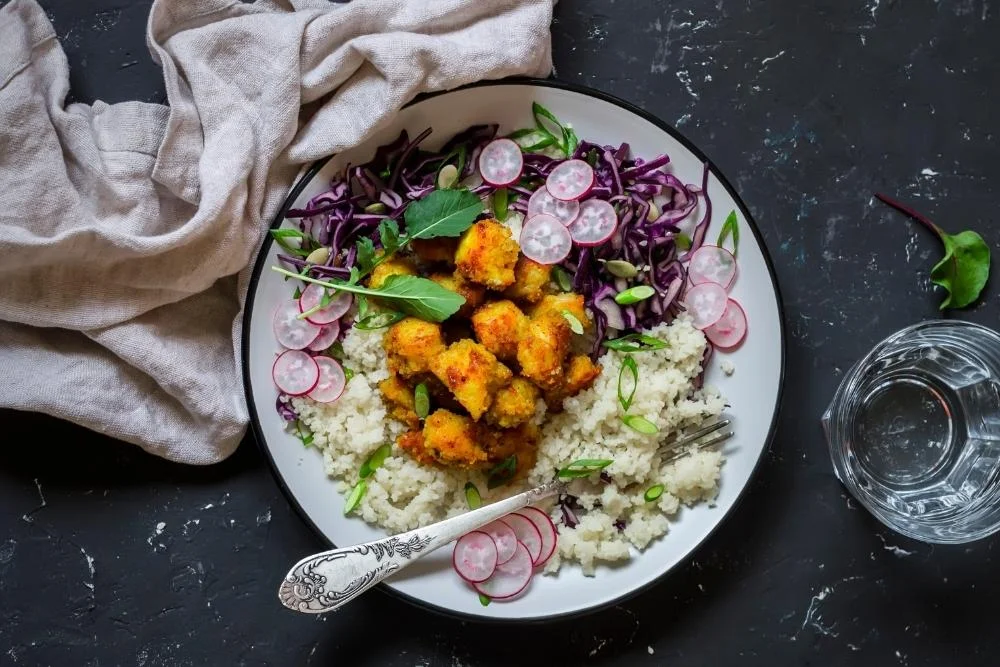Introduction
Food is no longer just about survival—it’s about connection, identity, and well-being. In today’s hyper-connected world, what we eat reflects our values, emotions, and even our digital habits. From viral TikTok recipes to plant-based revolutions, and AI-powered nutrition plans to the rediscovery of ancient grains, food is becoming one of the most dynamic ways we express who we are.
Viral Food Culture: How Social Media Is Shaping Our Plates
Scroll through your phone and you’ll see it—whipped coffee, butter boards, nature’s cereal, and the latest 3-ingredient pasta. TikTok and Instagram have turned food into entertainment, where visuals matter as much as taste.
These trends don’t just go viral for fun—they reflect what people crave emotionally: simplicity, creativity, and connection. Cooking is no longer just a chore—it’s content, community, and comfort.
Food Meets Tech: AI and Personalized Nutrition
Artificial Intelligence is now curating our meals. From apps that suggest recipes based on your DNA and gut health to smart kitchen appliances that help reduce food waste, technology is changing the way we plan, cook, and eat.
Many startups are using AI to help users optimize their diet for better sleep, energy, or even skin health. The result? A new era of intentional eating.
Plant-Based Eating Is No Longer a Trend—It’s a Movement
The rise of plant-based alternatives isn’t slowing down. Whether it’s oat milk in your latte or a mushroom burger on your plate, more people are shifting toward sustainable, animal-free options—not just for their health, but for the planet.
Even fast-food chains are embracing this change. The message is clear: eating green is the new normal.
Food and Mental Health: What You Eat Affects How You Feel
Science now backs what many cultures have always known—food affects mood. Fermented foods like kimchi and yogurt can improve gut health, which in turn influences anxiety and depression. Magnesium-rich snacks like dark chocolate and pumpkin seeds help calm the nervous system.
More people are turning to “mood foods” and anti-inflammatory diets as part of holistic wellness routines.
Sustainable Eating: Conscious Choices Start at the Table
From zero-waste recipes to local sourcing, food sustainability is gaining momentum. Consumers are asking: Where did this come from? How was it made? What’s its environmental footprint?
Choosing seasonal produce, reducing meat consumption, and composting leftovers are just some of the small ways people are making big impacts with their meals.
Conclusion
Food today is not just nourishment—it’s narrative. It tells the story of our cultures, values, mental states, and even our aspirations. Whether you’re exploring new cuisines, cooking for joy, or rethinking your relationship with what’s on your plate, food remains one of the most powerful, personal tools for connection and change.
Because every bite is a choice—and every choice is a story worth telling.

Leave a Reply